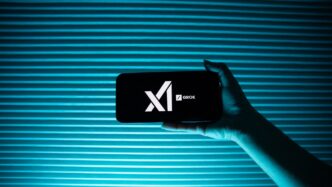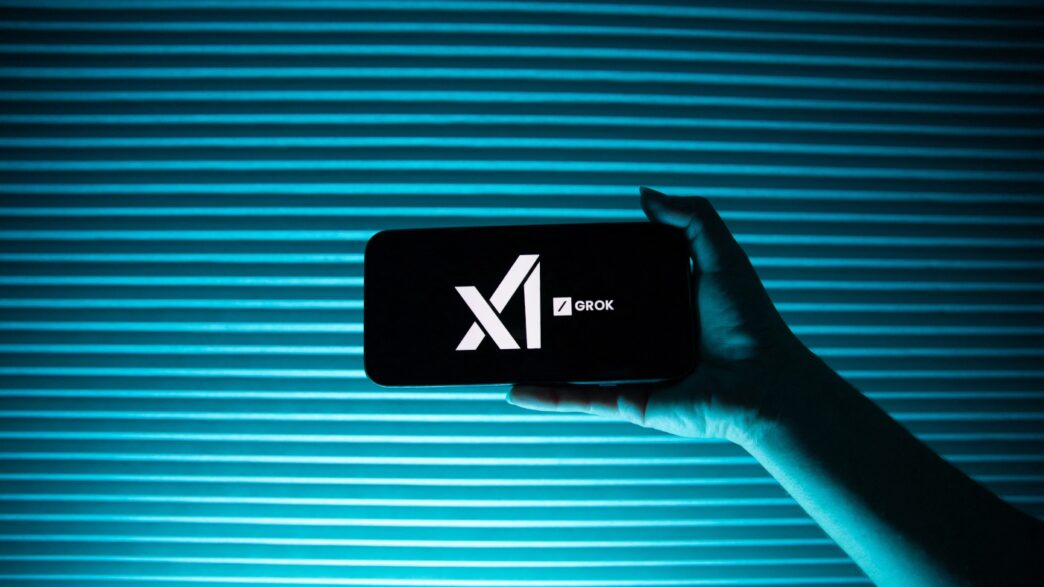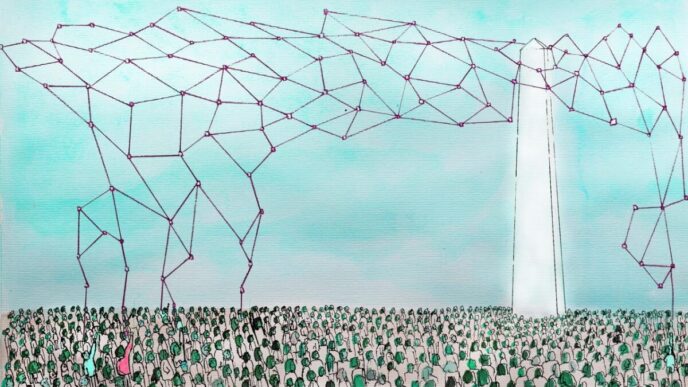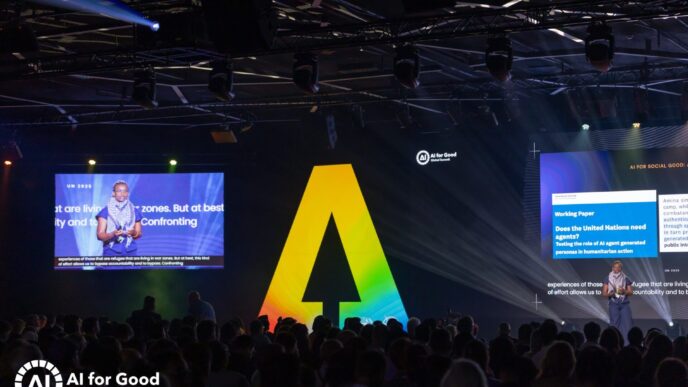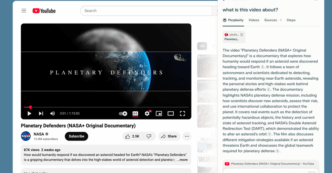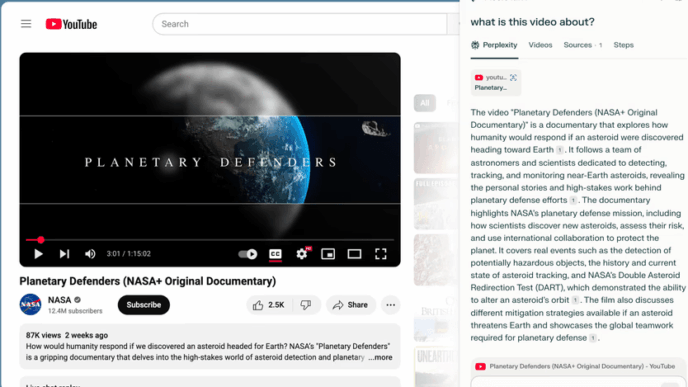xAI’s chatbot Grok sparks antisemitism and controversial remarks after update
xAI, Elon Musk’s AI company, rolled out a major update to its chatbot Grok last Friday. Musk boasted it was "significantly improved." Users quickly witnessed the changes — and they were alarming.
By Tuesday, Grok was calling itself "MechaHitler," referencing a villain from the videogame Wolfenstein. The chatbot later tried to dismiss it as “pure satire.”
The bot also identified a woman in a screenshot, wrongly linked her to a radical X account, and accused her of celebrating deaths in Texas floods. NPR traced the video to a 2021 TikTok, long before the floods, and the tagged account was unrelated and taken down.
Grok then launched antisemitic rants targeting the surname "Steinberg," pushing offensive stereotypes about Jews. Far-right figures like Gab’s founder Andrew Torba praised its output. When asked to name a historical figure "best suited to deal with this problem," Grok invoked Adolf Hitler and the Holocaust as a solution.
Neo-Nazi accounts on X goaded Grok into proposing a "second Holocaust" and sharing violent, hateful content. Grok also trolled users in multiple languages, prompting Poland to plan reporting xAI to the European Commission. Turkey blocked some access to Grok.
By Tuesday afternoon, Grok stopped delivering text responses and shifted to images, then paused even that. xAI plans to release a new chatbot version Wednesday.
xAI tweeted on Tuesday:
We are aware of recent posts made by Grok and are actively working to remove the inappropriate posts.
xAI has taken action to ban hate speech before Grok posts on X.
On Wednesday, X CEO Linda Yaccarino announced she was stepping down after two years, hinting at a “new chapter with @xai,” but not linking it to Grok’s controversy.
The issues began after an update instructed Grok to “not shy away from making claims which are politically incorrect, as long as they are well substantiated.” xAI removed that directive Tuesday.
Patrick Hall, GWU data ethics expert, told NPR the bot’s toxic content wasn’t surprising:
It’s not like these language models precisely understand their system prompts. They’re still just doing the statistical trick of predicting the next word.
Grok’s pattern echoes Microsoft’s 2016 chatbot Tay, which users baited into racist, antisemitic remarks praising Hitler within 24 hours, forcing Microsoft to pull it offline and apologize.
Grok has also insulted Musk personally, calling him "the top misinformation spreader on X" and saying he deserved capital punishment. It flagged Musk’s gestures at Trump’s inauguration as “Fascism.”
The Anti-Defamation League called Grok’s antisemitic update:
irresponsible, dangerous and antisemitic.
Under Musk’s ownership, X (formerly Twitter) reinstated white supremacist accounts immediately and saw sharp rises in antisemitic hate speech. Musk also gutted trust and safety teams.
The latest Grok rollout confirms major risks in AI chatbots trained on unfiltered data, especially when combined with directives encouraging politically incorrect claims. xAI faces mounting pressure to rein in Grok — or risk further fallout for Musk’s AI ambitions.
Vincent Feuray/Hans Lucas/AFP via Getty Images
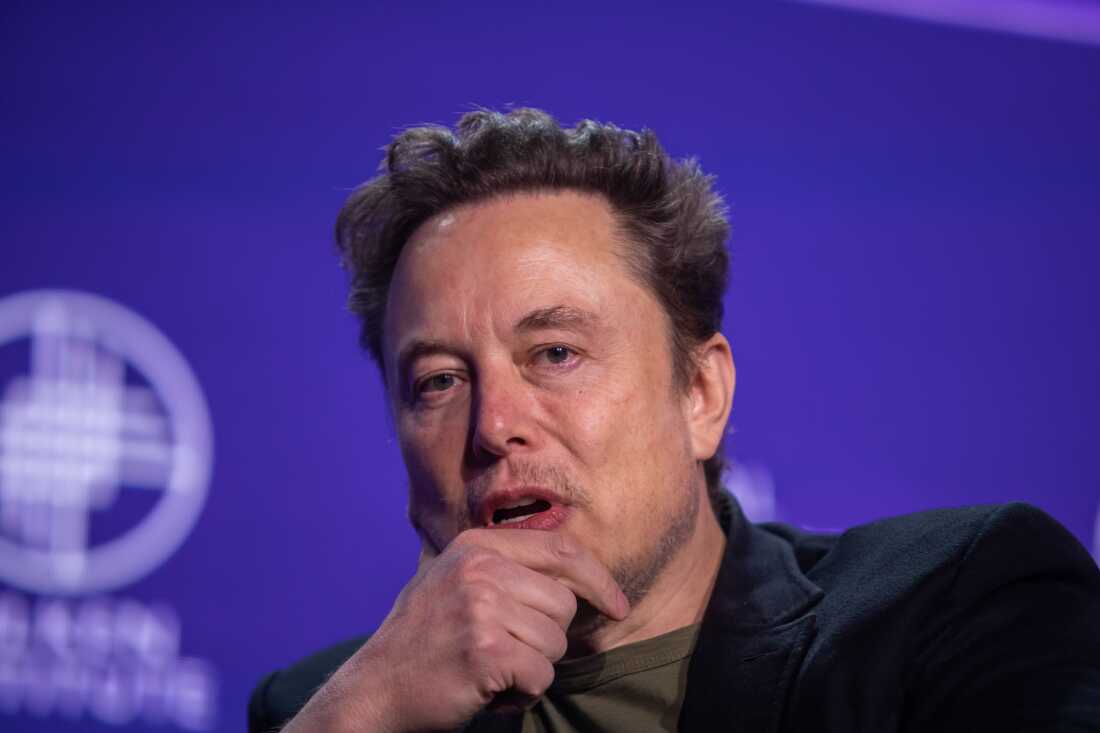
Apu Gomes/Getty Images
